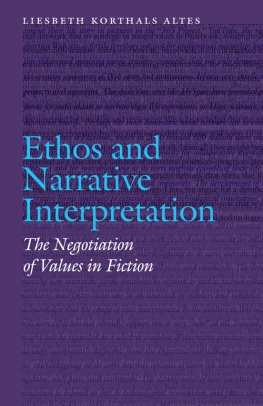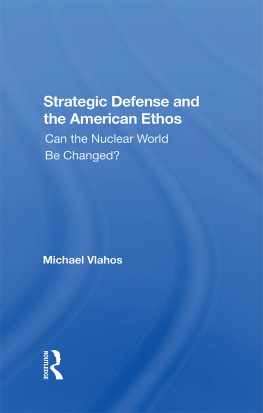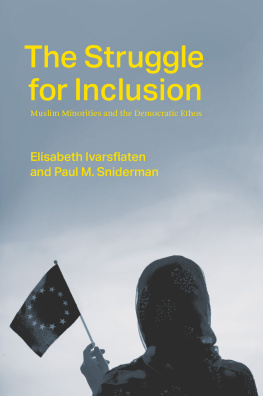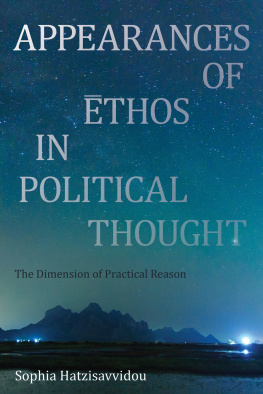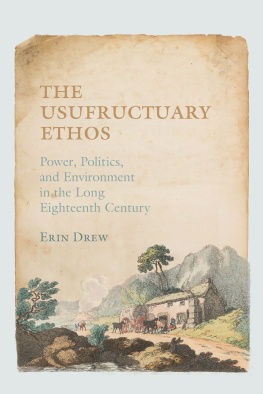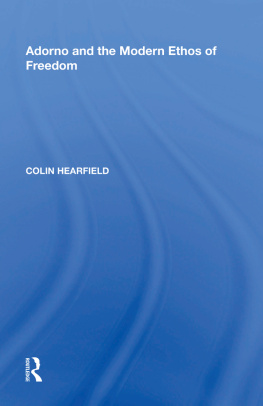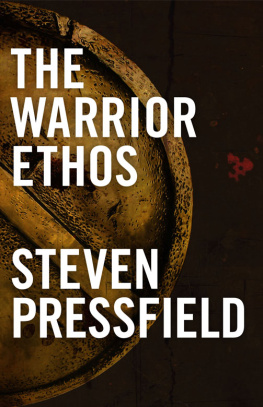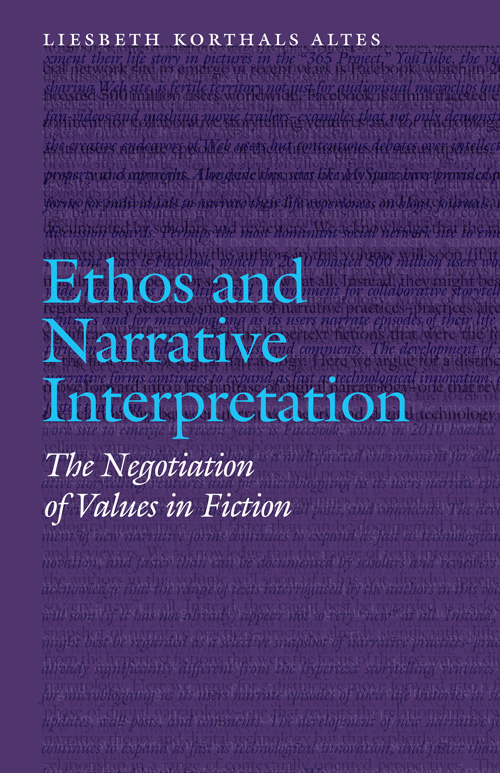
With its emphasis on ethos and the negotiation of values, this book will have a lasting impact on the way in which narratology redefines its core concerns. By grounding her argument in rhetoric, Korthals Altes offers a methodological alternative to text-oriented readings, while her insistence on the importance of values adds a new dimension to existing rhetorical approaches in narratology.
Roy Sommer, author of Literature and Memory
Ethos and Narrative Interpretation
Frontiers of Narrative
Series Editors
Jesse E. Matz, Kenyon College
David Herman, Ohio State University
Ethos and Narrative Interpretation
The Negotiation of Values in Fiction
Liesbeth Korthals Altes
University of Nebraska Press | Lincoln and London
2014 by the Board of Regents of the University of Nebraska.
All rights reserved.
Library of Congress Cataloging-in-Publication Data
Korthals Altes, Liesbeth.
Ethos and narrative interpretation: the negotiation of values in fiction / Liesbeth Korthals Altes.
pages cm.(Frontiers of narrative series)
Summary: Examines the relevance of the concept of ethos for analyzing processes of literary interpretation to address the question of what exactly narratology does, or should want to do.Provided by publisher.
Includes bibliographical references and index.
ISBN 978-0-8032-4836-6 (hardback: alk. paper)
ISBN 978-0-8032-5560-9 (ePub)
ISBN 978-0-8032-5561-6 (mobi)
ISBN 978-0-8032-5559-3 (pdf)
1. FictionHistory and criticism. 2. Values in literature. 3. Narration (Rhetoric). 4. RhetoricMoral and ethical aspects. 5. Literature and morals. I. Title.
PN 3491. K 67 2014
809.3dc23
2014004156
The publisher does not have any control over and does not assume any responsibility for author or third-party websites or their content.
Contents
What do the shock created by James Freys A Million Little Pieces and debates about the French writer Michel Houellebecqs provocative work have in common? Freys book, published in 2003, was marketed and hailed as an authentic autobiographical memoir recounting the authors recovery from drug and alcohol addiction. Oprah Winfrey set it on her book clubs reading list and invited Frey to her show. Freys sales, as could have been expected, went soaring sky high. Suspicious, the website the Smoking Gun exposed central autobiographical facts represented in the book as made-up, causing consternation: Oprah was shocked, and so were audiences who had sometimes used Freys authentic work as a kind of self-help book, as attested in heated blog exchanges.
Houellebecqs case is somewhat different. Critics from the start appeared hesitant about how to classify not just his work but also, even very much so, the authors intentions and stance. Should the bleak views on Western society conveyed by his novels be taken as serious analysis, as satire, or more cynically, as just the next commercial cocktail of sex, violence, and stereotypes? Both Freys and Houellebecqs cases raise questions regarding what I call the authors ethos. In their attempt to determine their own classification of the work, and their own position with respect to it, critics often refer to what they perceive as Houellebecqs deep-down character and intentions. But an authors persona may be just as elusive as his or her work. Besides, interpreters are often sensitive to different clues and frame these in different modes.
In ancient Greek, ethos referred to a persons or communitys character or characterizing spirit, tone, or attitude. Aristotle famously distinguished ethos as one of the three main means of persuasion, alongside pathos and logos. My use of the notion ties in with this rhetorical coinage, revised in the past decades in institutional art sociology and discourse analysis by scholars such as Pierre Bourdieu, Ruth Amossy, and Dominique Maingueneau. These approaches, to which I will bring some complements and reorientations, can be profitably articulated to narratology, in its attempts to go beyond textual analysis.
Questions of trust or distrust, of personal or institutional authority and credit, and of ethos management and justification, are evidently not confined to literature. Rather, they are fundamental in all domains of life, from the domestic sphere to the worlds of banking, economics, politics, and media, as the current crises of credit, in both the moral and the financial senses, demonstrate. From childhood on, people develop a workable, but clearly fallible, capacity to detect and estimate in a split second shades of seriousness, irony, or deception in a speakers utterances, on the basis of all kinds clues, physical, discursive, or other. In many cases, though, we have to navigate uncertainties regarding the extent to which people actually mean their words. What counts as an appropriate ethos also varies according to the social situation and changes over time. Moreover, whatever ethos one may mean to project, interpreters sometimes jump to wholly different conclusions. Many of us know the embarrassment of our ironies falling flat.
Uncertainties about a discursive ethos increase in written speech, as Plato already observed. Fictional narratives augment the risks, as by convention they would uncouple the work, as expression of intentions and beliefs, from its actual author (an idea that will be nuanced in later chapters). Throughout the history of literature, moreover, writers, and whole schools of writing, have cultivated ethos ambiguities, whether for reasons of censorship, out of provocation, or for sheer delight.
This book springs from my long-standing interest in the capacity literary narratives have to make audiences imagine a story world refracting multiple perspectives. Engaging in literary narratives leads readers into taking perspectives on perspective taking, assessing the value of values. My explorations have been nourished by the work of many, and my debts are evident on every page. I wish, however, to explore some aspects of ethos attributions that have remained, to my sense, underaddressed in narratology. More specifically, this book develops the argument that in processes of interpreting and evaluating narrative texts, ideas about characters, narrators, and authors ethosfor instance, about their sincerity, reliability, authority, or ironyare not just the result of interpretive processes. They also play a central framing role even before, and throughout, the reading process. Ethos ascriptions, interwoven with generic classifications, arguably allow readers to frame the kind of game they are engaging in, determining their reading strategies and the value regimes they believe should apply to the work. Some genres, moreover, especially incite readers to construct an authors ethos, though clearly writers can play with such expectations. The explored approach hence also aims to account for the diversity of readers ethos ascriptions, often overlooked in narratological models but exemplarily evidenced in ideologically or ethically controversial or (possibly) ironic works.
Ethos attributions, I hope to demonstrate, are as crucial in interpretation and evaluation processes as they are impossible to tackle through fail-safe methods of description and analysis, if only because such ascriptions result from interpretations. Hence my interest in hermeneutic, phenomenological, sociological, and cognitive approaches that might help us understand how we understand. Some of these frameworks, however, challenge the formal text-analytic or descriptive stance claimed or suggested by classical narratology, which persists in many so-called postclassical amendments, as well as in the discourse analytic and institutional approaches to which I will refer.
Next page
